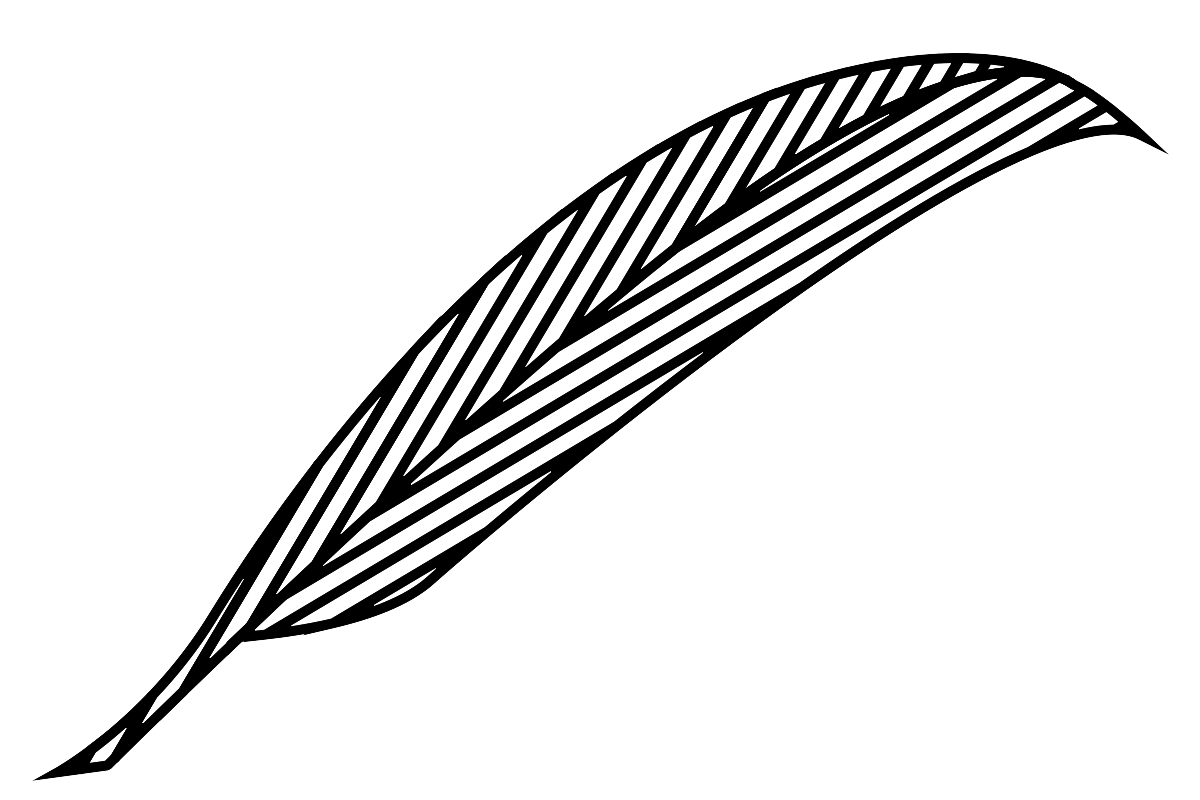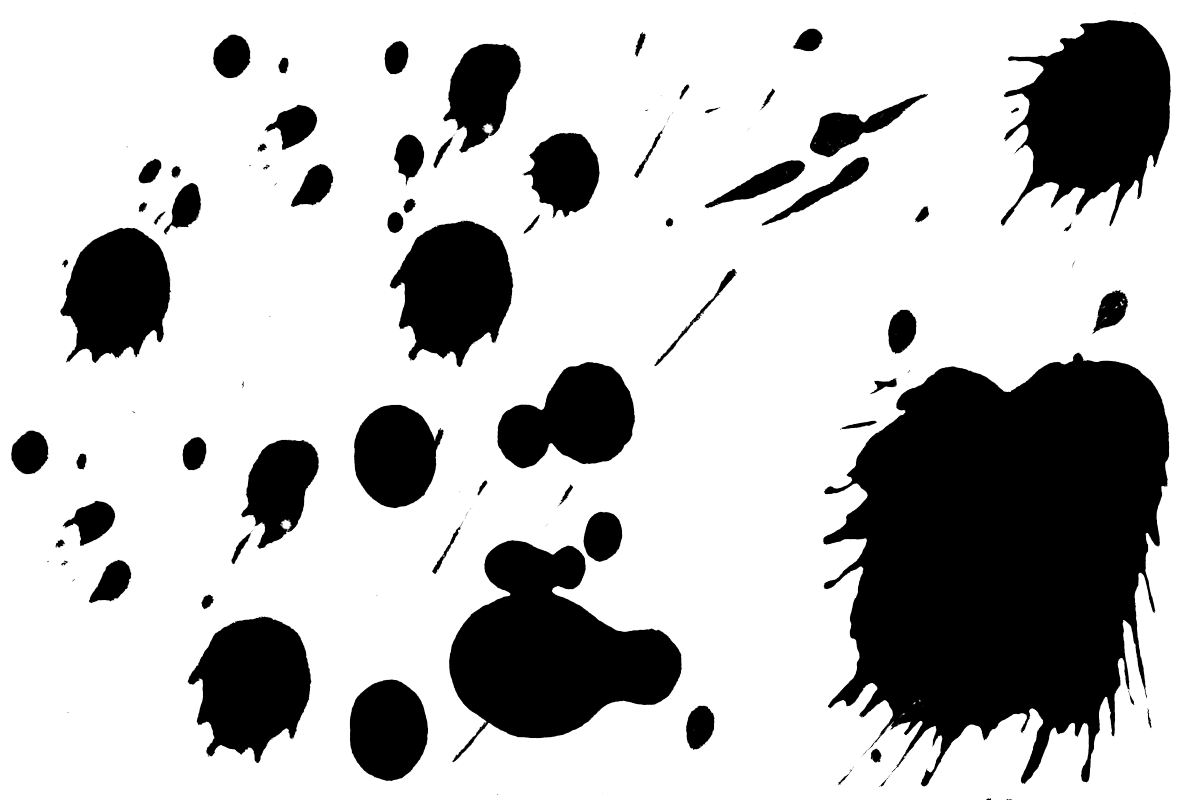Kismet New Poets, Folio Two
Various Contributors

While compiling this folio, I was particularly drawn to language which is, to borrow the late Louise Glück’s words, “very alive.” For me, linguistic aliveness bears witness to strange and idiosyncratic turns of phrase, lyrical introspection, and the sometimes elusive but always electrifying quality of seeing the poet’s mind unfold on the page. I was fascinated by these up-and-coming poets’ risks and playfulness, their vertical longing, their wry wisdom. “I moved the doctor’s hand to the problem / but the problem moved,” the speaker says in Julian Ansorge’s elliptical portrait of American desolation in “The Long Answer,” while Kyle Carrero Lopez’s intelligent, charged, and concise “Cover Up” challenges the custom of modest dressing in churches: “As if the son himself wasn’t tits out on the cross.” Samira Abed’s hypnotic and sinuous run-on sentences in “The Way of Hussein” enact memories “the size of a horse,” conjoining a cousin and a child, violence, “a precocious human eye.” Many of these poems are suffused with the “unbearable light/of childhood afternoon” (Sofija Popovska), while others investigate, like Juliette Jeffers, “a trickling sort of love, / the bed of the stream, bright moss.” In Sara Elkamel’s fragmentary and essayistic inquiry of a dreamscape, admissions of desire, envy, and confusion surprise the speaker and reader alike. All poems in this constellation are confident; all poems are very alive; and, most of all, all of them teach me something about what it means to be alive in this moment.
— Aria Aber, Poetry Editor
JULIETTE JEFFERS
The most beautiful man in the world
It’s all vaguely feminine,
the backyard shooting range,
the red wine that pours itself,
ketamine nasal spray,
walking very confidently
in the wrong direction.
Juliet was played
by a prepubescent boy,
features that can’t be parsed,
forgiveness somewhere,
between the nose and mouth.
A trickling sort of love,
the bed of the stream, bright moss. I eat
the last peach in the kitchen pacing
barefoot on the doormat. He seemed
impressed by my knowledge of the
sexual differences in cardinals, undoing
the straps of the dress I’d been wearing
for 48 hours,
forgetting his name,
forgetting my own name.
A decision: to know thyself and suffer,
suffer and enjoy it.
A history of shame, of sheer
undergarments.
Why do I always end up here?
It started in public, kneeling
on blue cement, avoiding eye contact,
only glancing up for a second,
at the neighbor’s rose of Sharon.
SARA ELKAMEL
Oh Master of Two Worlds
1
Before I knock, I stand outside the door,
eavesdrop on your fingers pulling apart
string after string—
my audio-recorder on.
2
You stare into your hands a little later,
and crouched,
as if in some kind of prayer, you chant:
They lost our life. Our life is dust.
The sons of bitches
have lost our life.
7
Now it seems your fingers are in my hair.
10
When I wake up the bed is submerged in dates.
I cannot picture them ripening.
3
I smell like a woman,
I realize when you pull away.
112
The room is astoundingly blue.
4
I wash with ice to keep from spoiling in the day.
20
My ungodly hate for guavas
may have something to do with a particular tennis court
square in the heart of the Nile Delta
when I was 13, the clay on my knees with blood, trees
in the corner dropping fruit
after fruit after fruit,
right as I lost point
after point after point.
30
Imagine darkness without a god.
5
I do not capture, on the audio-recording
I named Oh Master of Two Worlds, the line
that folds itself in your temple when you play,
your song-sutured eyes, the quick crawl
of fire, the long table, our crowns of sweat.
56
The long night
a short opening.
21
Guavas make fridges smell like guavas
and fridges smell like women
so women smell like guavas
and guavas smell like women—
and what can I possibly say
about the smell of women?
31
Every time I leave I imagine returning
and upon returning,
I find the door to Cairo
had gone missing.
6
They have misplaced our lives.
11
I wake up again and the dates
have disappeared. Is it possible
they have ripened overnight and once ripe,
saw fit to leave on their own?
22
I have largely been able to avoid guavas in recent years.
23
I think about smelling every woman,
to see if I hold a candle;
you have made this house
as godless as a sepulcher.
12
I have been here before, the dates think
as I awake from another dream
where I eat all of them before they ripen.
9
I would lose this life
if I knew what came after.
But so far my research
into the music of graves
shows nothing.
378
I was standing outside the door when it vanished.
Kyle Carrero Lopez
COVER UP
But God—and I felt this even then, so long ago,
on that tremendous floor, unwillingly—is white.
And if His love was so great, and if He loved all His children,
why were we, the blacks, cast down so far?
—James Baldwin
Santiago de Cuba’s heat brands most skin
with salty slime.
For air flow, I wear the sleeveless black mesh
in my luggage and join the others.
At noon we reach the basilica, where a docent says
to cover up as a sign of respect.
A riot!
As if the Son himself hadn’t been tits out on the cross.
As if this church defines my name.
Feeds my tree.
As if this church had prevailed by ballot,
as if the true faith
of tradition in Cuba isn’t Ìṣẹ̀ṣe
in Catholic drag: straight from Yorubaland,
a quick-change act, sleight of shackled hand.
To experience the site I choose playtime.
Choose dress-up.
Proceeding wrapped in a light scarf
turned shawl, the pews’ wood greets thigh meat
as coolly as the soft blue of the columns.
I nibble my middle finger’s nail like an ear
of corn, bit by bit till it breaks
clean, then flick it to the terrazzo floor
as a sign of respect,
a tribute from my cells
like wafer in the hands.
New Poets Part One is available here.
Juliette Jeffers is a writer in New York City. She has an MFA in poetry from NYU. Her poetry has previously been published in Soft Union, Spectra, and Car Crash Collective’s first anthology. Her writing that isn’t poetry can be found in Interview.
Sara Elkamel holds an MA in arts journalism from Columbia University and an MFA in poetry from New York University. She is the author of the poetry chapbooks Field of No Justice (African Poetry Book Fund & Akashic Books, 2021) and Garden City (Beloit Poetry Journal, 2026). Her translations include Mona Kareem’s chapbook, I Will Not Fold These Maps (Poetry Translation Centre, 2023) and Dalia Taha’s Enter World (Graywolf Press, 2026).
Kyle Carrero Lopez is the author of MUSCLE MEMORY, the chapbook winner of the 2020 [PANK] Books Contest, and PARTY LINE, forthcoming Spring 2026 from Graywolf, and serves as Editor for the Poetry Project Newsletter.

